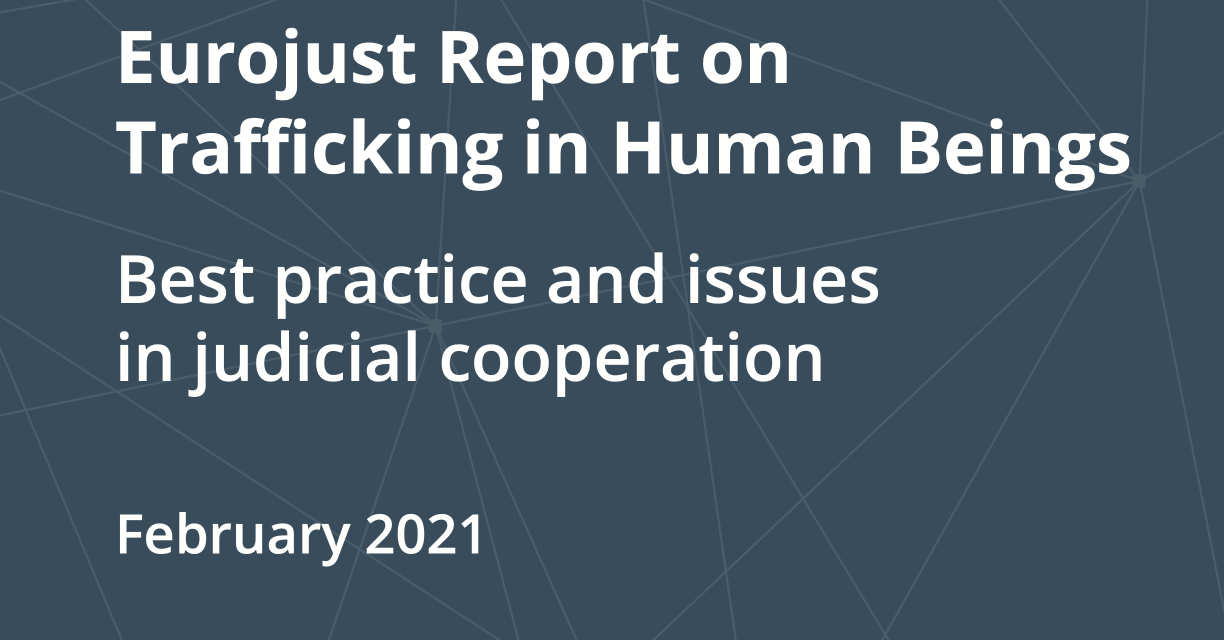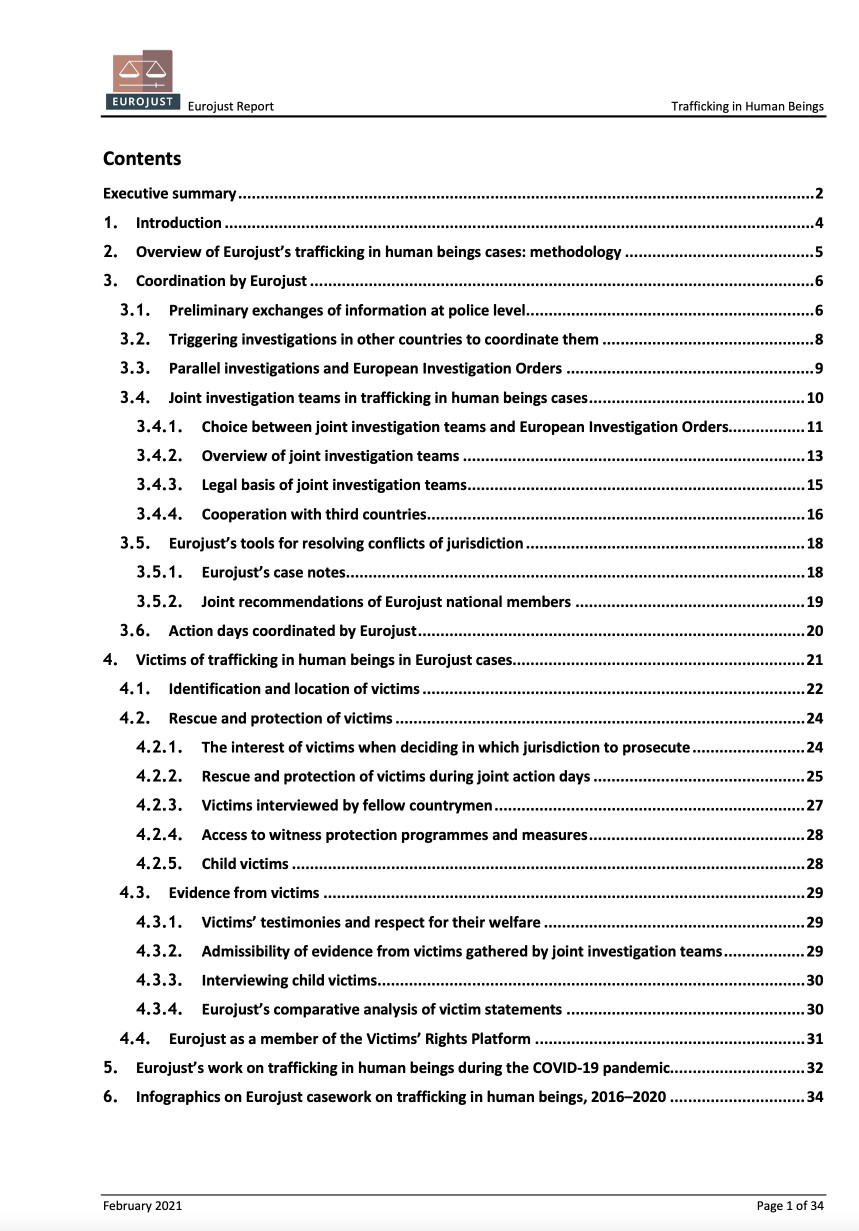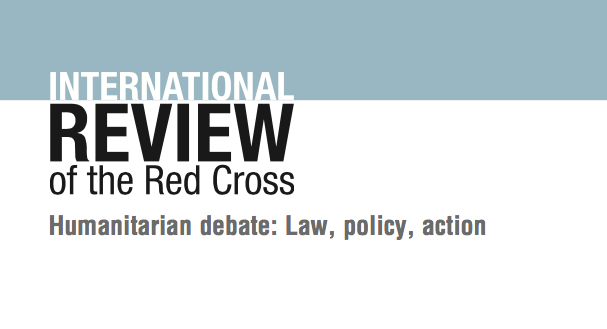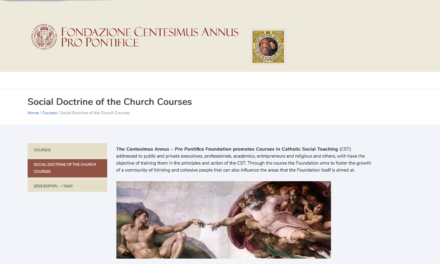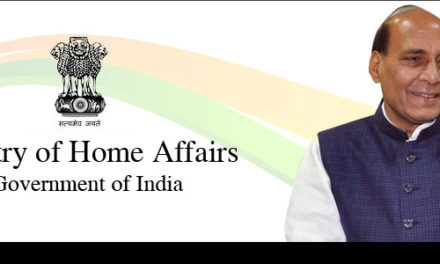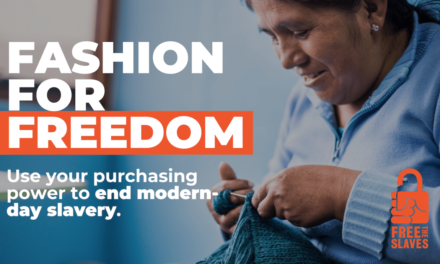Executive summary
Cross-border cases of trafficking in human beings (THB) are complex and difficult to investigate and prosecute. They reveal the prominent role of organised criminal groups. When gaps in judicial cooperation appear it is the victims of THB who suffer. In October 2020, the European Commission noted in its progress report on THB that judicial authorities in the Member States had raised serious concerns about difficulties in judicial cooperation. This report was prepared by the European Union Agency for Criminal Justice Cooperation (Eurojust), with the aim of responding to these concerns. It presents solutions used by the agency when assisting in complex THB cases requiring judicial coordination. The report also aims to inform the forthcoming EU strategy against THB. It expresses Eurojust’s readiness to play a central role in the future strategy, by bringing substantial added value to the operational dimension of combating THB. The final aim of the report is to assist in successfully bringing human traffickers to justice, while protecting the victims. The report is divided into two main parts. The first part relates to the coordination of investigations and the second to victims’ rights.
The report draws on the practical experience gained from Eurojust’s support of human trafficking investigations between 2017 and 2020. In total, 91 cases of THB were selected for analysis by Eurojust’s anti-trafficking team, of which 31 are illustrated in this report. Each case highlights the diverse legal and practical problems faced and provides examples of good practice, followed by targeted recommendations. In total, 18 recommendations are made, which supplement the recommendations provided in previous Eurojust reports on THB. These recommendations are mainly aimed at prosecutors, judges and law enforcement authorities.
1. There should be early cooperation and coordination between all countries and all actors involved, as part of the obligation to respect the rights of all victims of human trafficking.
2. Before bringing a THB case to Eurojust, information should first be exchanged at the police level and data cross-checked against the European Union Agency for Law Enforcement Cooperation’s (Europol) databases. This helps to identify links with other countries, initiate criminal proceedings in those countries, and identify suspects, victims and their locations, before dealing with judicial cooperation issues.
3. Whenever national authorities share relevant information with Europol, the support from Europol should go hand in hand with the involvement of Eurojust; in some cases, Eurojust may even facilitate the first exchange with Europol, depending on the national law enforcement system involved. As soon as Europol receives information on a THB case, Eurojust can help to initiate judicial proceedings, which represent the best ‘umbrella’ from a legal point of view under which to also begin victim protection procedures.
4. Cross-border THB investigations should be brought to Eurojust to identify whether parallel criminal proceedings are taking place in other countries in the EU and beyond. Eurojust can provide assistance with the coordination of such proceedings or the proceedings can be triggered with Eurojust’s support.
5. Once an active criminal group is discovered, all countries involved should react and commit to actively contributing to evidence gathering and the dismantling of the group, preferably by conducting investigations in each jurisdiction to identify the criminal facts committed in each country. If cooperation is limited to the issuing of European Investigation Orders (EIOs), there is a risk of losing track of the perpetrators and them escaping justice.
6. The suitability of joint investigation teams (JITs) in complex THB cases that require close coordination or difficult and demanding investigations with links to one or more countries should always be discussed. The use of JITs in THB cases allows dynamic and close collaboration, common investigative goals to be established, and flexibility and speed in adjusting the investigative measures as the circumstances around a case change. Support from Eurojust for JITs is available for all practitioners.
7. Direct proactive communication within the JIT should be established from the very beginning. One best practice is the designation of contact points for communication within the JIT.
8. If it is envisaged that evidence gathered in one country in the framework of a JIT will be used in another country, it is recommended that the admissibility of the evidence is discussed at Eurojust during a coordination meeting. It is very useful to include annexes to JIT agreements containing legal provisions to gather evidence.
9. In THB cases involving demanding and difficult investigations, many victims and large criminal groups, assistance could be requested from Eurojust’s Operations Department for the analysis of information and evidence gathered to identify possible common and/or contradictory elements within the investigations.
10. All parties to a JIT should discuss at the very beginning the circumstances under which the JIT will cease operating, in accordance with their national legal provisions.
11. Financial investigations should be initiated in view of confiscation.
12. THB cases that have links to third countries could be referred to Eurojust for assistance.
13. In cases of possible conflicts of jurisdiction, Eurojust is able to assist national authorities using its tailor-made case notes and joint recommendations for the transfer of proceedings.
14. When deciding which jurisdiction to prosecute, the interests and protection of victims should be given considerable weight.
15. More use should be made of Eurojust’s coordination centres in THB cases, to benefit from the coordination of joint actions in different countries (arrests, seizures and searches).
16. Judicial and law enforcement authorities should always discuss in advance, and take actions to ensure, the interests and protection of THB victims during and after joint action days. Eurojust is able to help with the preparation and organisation of joint action days and provide real-time coordination.
17. To better identify victims, Europol and Eurojust should be involved at an early stage of investigations; adult websites should be actively monitored; information on money flows should be requested to identify the names and locations of potential victims; and passenger name record (PNR) data on suspects and potential victims should be obtained. A greater focus on victims leads to greater success in the prosecution of THB cases.
18. All parties to JITs should discuss the possibility of seconding specialised officers to interview potential victims of trafficking and take into consideration the particularities of child victims of THB. In cases in which a JIT has not been set up, EIOs can be issued in accordance with Article 9(4) and (5) of EIO Directive 2014/41/EU.

